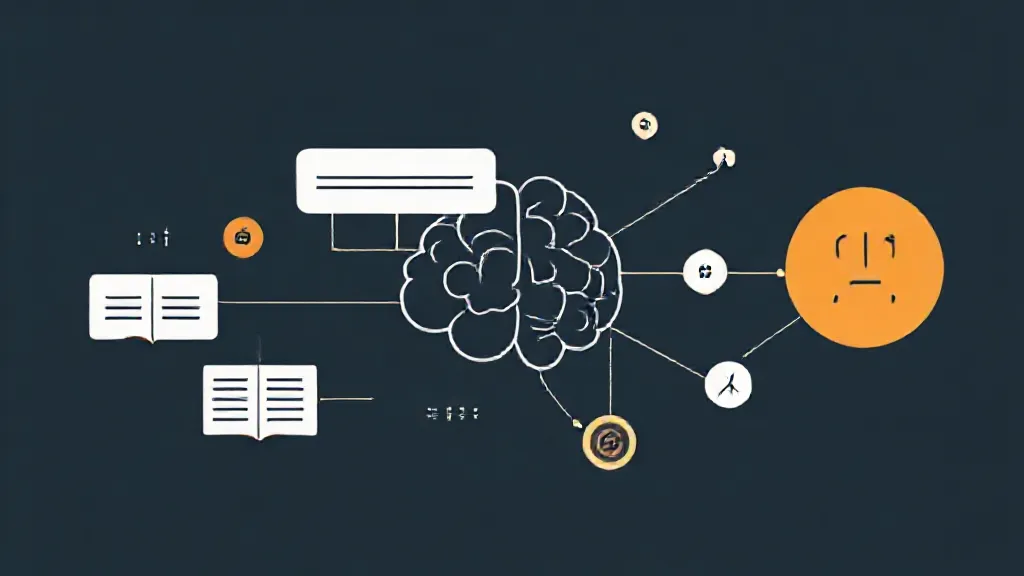Grammar is often perceived as a set of rules governing the structure of language, but its implications extend far beyond mere syntax and punctuation. It serves as a mirror reflecting our logical thinking processes. Understanding how grammar influences and reflects logical reasoning can enhance communication skills, critical thinking, and even cognitive development.
This article delves into the intricate relationship between grammar and logical thought, illustrating how the two are interwoven in the fabric of effective communication.
The Role of Grammar in Structuring Thought
Grammar provides a framework for organizing ideas in a coherent manner. The rules governing sentence structure, such as subject-verb agreement and the proper use of clauses, guide the way we construct our thoughts.
For instance, consider the difference between "The cat chased the mouse" and "The mouse chased the cat." The grammatical structure not only changes the meaning but also influences how we perceive the action and the actors involved. This illustrates how grammar shapes our understanding of relationships and causality, fundamental aspects of logical reasoning.
Syntax and Logical Relationships
The syntax of a sentence reveals the relationships between different components, which is crucial for logical reasoning. For example, the use of conjunctions like "and," "but," and "or" helps clarify connections between ideas. A sentence like "She likes apples and oranges" indicates a logical relationship of addition, while "She likes apples but not oranges" introduces a contrast.
Such grammatical choices guide the reader's understanding and facilitate logical deductions. The ability to manipulate syntax allows for nuanced expression of thought, which is essential in academic and professional settings.
Grammar as a Tool for Clarity
Clarity is a vital aspect of logical thinking, and grammar plays a pivotal role in achieving it.
Ambiguities in language can lead to misunderstandings and flawed reasoning. For instance, the sentence "Flying planes can be dangerous" can be interpreted in multiple ways depending on grammatical emphasis. By using proper grammatical structures, one can eliminate confusion and convey precise meanings.
This clarity not only aids in effective communication but also fosters critical thinking by allowing individuals to focus on the logical content of arguments rather than getting lost in vague language.
Historical Perspectives on Grammar and Logic
Historically, the study of grammar and logic has been intertwined. Ancient philosophers such as Aristotle emphasized the importance of language in logical reasoning.
The syllogism, a form of deductive reasoning, relies heavily on the grammatical structure of premises to reach valid conclusions. This historical context underscores the enduring relationship between grammar and logical thought, suggesting that the way we construct language has profound implications for how we reason and argue.
The Impact of Language on Cognitive Development
Research in cognitive science suggests that language and thought are deeply interconnected.
The Sapir-Whorf hypothesis posits that the structure of a language influences its speakers' worldview and cognitive processes. In this light, grammar serves not only as a tool for communication but also as a framework for thinking logically. For example, languages that employ different grammatical structures may lead to different ways of categorizing experiences, ultimately shaping how speakers of those languages approach problem-solving and reasoning.
Teaching Grammar to Enhance Logical Thinking
In educational settings, teaching grammar should extend beyond rote memorization of rules. Educators can leverage the connection between grammar and logical thinking to foster critical reasoning skills. By encouraging students to analyze sentence structures and their implications, teachers can help students develop a more profound understanding of logical relationships.
Activities such as dissecting complex sentences or constructing arguments using specific grammatical forms can enhance students' ability to think critically and communicate effectively.
The Future of Grammar and Logic in Education
As we move further into the digital age, the role of grammar in logical thinking continues to evolve. The rise of informal communication styles in social media and instant messaging poses challenges to traditional grammatical standards.
However, this shift also offers opportunities for rethinking how we teach grammar. Emphasizing the importance of clarity and logical structure in all forms of communication, regardless of medium, can prepare students for the complexities of modern discourse.
Conclusion: Embracing the Interconnection of Grammar and Logic
In conclusion, grammar is not merely a set of prescriptive rules; it is a vital component of logical thinking.
By understanding and applying grammatical principles, individuals can enhance their reasoning abilities, improve clarity in communication, and foster critical thinking skills. As educators and learners alike recognize the profound connection between grammar and logic, we can cultivate a more thoughtful and articulate society.
